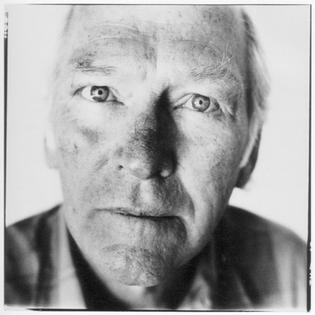A Quote by Steven Pinker
My opinions about human nature are shared by many psychologists, linguists, and biologists, not to mention philosophers and scholars going back centuries.
Related Quotes
When I think about discussions at the Society for Philosophy and Psychology, a group which includes not only philosophers and psychologists, but also computer scientists and linguists, it is noteworthy that one can't always tell just from the content of particular contributions from the audience, whether a given questioner is a philosopher or an empirical scientist.
There is no such thing as a language, not if a language is anything like what many philosophers and linguists have supposed. Thereis therefore no such thing to be learned, mastered, or born with. We must give up the idea of a clearly defined shared structure which language-users acquire and then apply to cases.
Without even knowing why, we believe that to learn how to be human - which we have many years to do, for human beings have longer childhoods than any other species, a feature that to biologists and philosophers alike is one of our race's distinguishing characteristics - children must be surrounded by animal imagery.
Religion and science, for example, are often though to be opponents, but as I have shown, the insights of ancient religions and of modern science are both needed to reach a full understanding of human nature and the conditions of human satisfaction. The ancients may have known little about biology, chemistry, physics, but many were good psychologists.
Having been brought up among the biologists and having followed various debates about ways to improve the human template and other debates about the true nature of our nature, I began seriously to wonder: What if? We hold in our hands a tool that is more powerful - for good or ill - than any we have wielded before.
The great philosophers of the 17th and 18th centuries did not think that epistemological questions floated free of questions about how the mind works. Those philosophers took a stand on all sorts of questions which nowadays we would classify as questions of psychology, and their views about psychological questions shaped their views about epistemology, as well they should have.
Wine has been with us since the beginning of civilization. It is the temperate, civilized, sacred, romantic mealtime beverage recommended in the Bible. Wine has been praised for centuries by statesmen, philosophers, poets, and scholars. Wine in moderation is an integral part of our culture, heritage and gracious way of life.



































